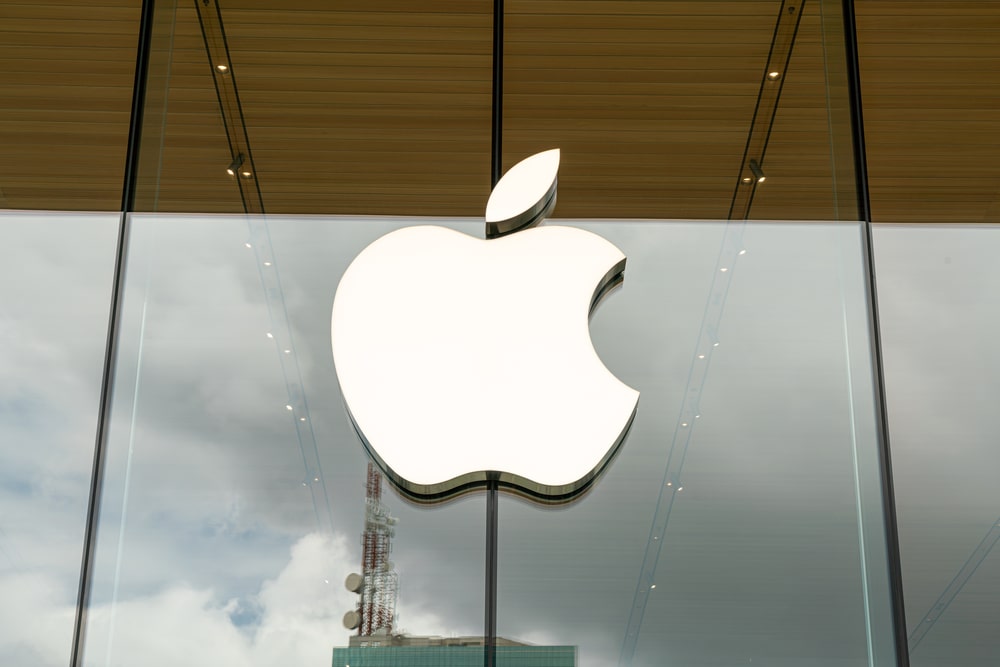In a pivotal move, Apple announces a shift in its app policies following the Epic Games legal battle. Developers can now use alternative payment systems, yet face fees and conditions. Explore the implications of Apple’s decision.
In a significant development after a protracted legal battle with Epic Games, Apple is set to allow iPhone app developers to utilize alternative payment systems. This move, outlined in a court filing, marks a notable shift in Apple’s stringent control over its App Store policies.
The legal dispute between Apple and Epic Games began in 2020 when Epic aimed to challenge Apple’s dominance in the App Store, alleging monopoly practices.
Apple traditionally takes up to a 30 percent cut on financial transactions within its app ecosystem, leading to accusations of an unjust “tax” on companies.
The US Supreme Court’s recent decision not to hear appeals from both Apple and Epic effectively upholds a lower court ruling, signaling the end of the legal feud.
Apple concedes to the lower court’s ruling, allowing developers to integrate alternative payment systems into their apps, breaking away from Apple’s exclusive payment ecosystem.
Despite the concession, Apple announces it will still charge a 27 percent fee on transactions made through payment systems other than its own.
Developers must qualify for “link entitlement” privileges, subject to Apple’s rules, adding a layer of conditions.
Apple’s decision to permit alternative payment systems is a noteworthy shift in its traditionally stringent app store policies. While seemingly offering more flexibility to developers, the imposed fee and qualification requirements reveal Apple’s intent to maintain control over financial transactions within its ecosystem. The move is a strategic compromise rather than a complete relinquishing of control.
The importance of this development lies in its potential impact on the dynamics between Apple and app developers. While the concession allows developers more freedom, the retained fee and conditions prompt questions about the extent of Apple’s willingness to embrace genuine openness and competition. The implications extend beyond the legal framework, influencing the broader app development landscape.
In conclusion, Apple’s decision to relax its grip on iPhone apps signals a nuanced approach to addressing concerns raised during the Epic Games legal battle. The introduction of alternative payment systems is a step toward increased flexibility, yet the imposed fee and conditions reveal Apple’s strategic maneuvering to balance openness with continued control. The implications of this decision will unfold as developers navigate the new landscape defined by these concessions.
This analysis is based on information from The Economic Times, shedding light on Apple’s pivotal decision to allow alternative payment systems for iPhone apps, a move influenced by the conclusion of the legal battle with Epic Games.



